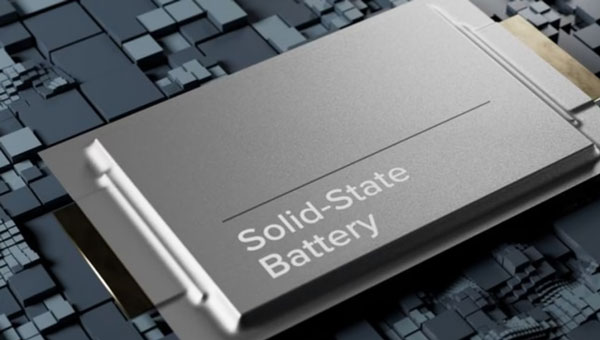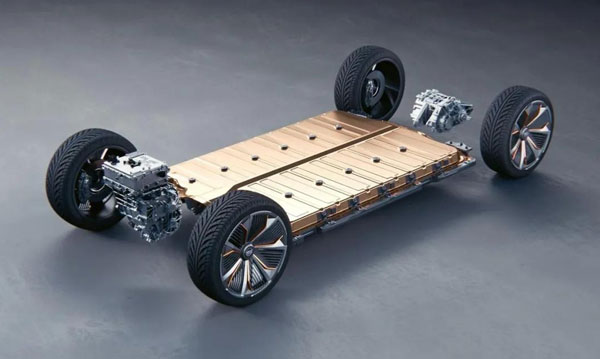Semi-solid batteries are a new type of semi-solid flow battery developed by scientists at the Massachusetts Institute of Technology. They cost only one-third of the batteries used in existing electric vehicles, but can double the driving range of electric vehicles on a single charge.

Solid-state batteries are a new battery technology. Unlike the lithium-ion batteries and lithium-ion polymer batteries commonly used today, solid-state batteries are batteries that use solid electrodes and solid electrolytes.
Electric vehicles, bikes, ships and even small aircraft are spreading around the globe. They are less expensive and arguably more ecologic to operate than those with internal combustion engines (ICE). Nevertheless, they have a weakness: their lithium-ion batteries are expensive, heavy, don’t last as long as their electric motors, offer a limited range, and can even catch fire. Solid state batteries could be much better, be it for ebikes or other vehicles.

Solid-state state batteries pros & cons compared to lithium-ion ones:
They don’t explode nor catch fire.
They provide at least 50% more capacity and hence range.
They can fully charge in about 15 minutes.
They can last twice as long before losing more than 10% of their capacity.
They contain no rare metals such as cobalt.
They are are smaller and lighter.
Since they don’t contain liquids, that can expand their volume with heat and shrink with cold, they are much more stable and can better withstand extreme temperatures.
They are forecast to be expensive, at least so far, in this early stage.
Their mass production could take years to kick in, experts forecasting at the end of this decade at the earliest. Of course the buzz is focused on cars, but such batteries are very likely going to be deployed on ebikes.
At least one ebike manufacturer, the Swiss Stromer, has already built a prototype of ebike equipped with a solid-state battery, which they claim to be revolutionary, pratically doubling the potential of ebike lithium-ion batteries, be it for power density, range, duration. It is in development stage, forecast to sell within a few years. Since solid-state batteries are already deployed for small devices and even heart pacemakers, there are no reasons to fear that they are unsuitable for ebikes.
However, there are several technical difficulties in achieving mass production of solid-state batteries:
The first is the selection and synthesis of materials. Semi-solid batteries require the use of special solid electrolytes and positive and negative electrode materials. The synthesis and selection of these materials need to take into account multiple factors such as battery performance, safety, and cost. At the same time, these materials need to have good ionic conductivity, chemical stability, and mechanical strength. How to be compatible with so many factors and conditions is a difficult problem!
The second is the complex production process. The manufacturing process of solid-state batteries involves multiple steps, including material preparation, electrode coating, electrolyte filling, battery packaging, etc. These steps require high-precision equipment and strict production control to ensure the quality and performance of the battery. The quality of the production process directly affects the battery performance, which leads to the fact that mass production of solid-state batteries is not something that most companies can do.
- Previous: Electric bikes: Commuters seeking more convenient and environmentally friendly transportation
- Next: What are the types of batteries for electric motorcycles?
Post time: Jul-18-2024






